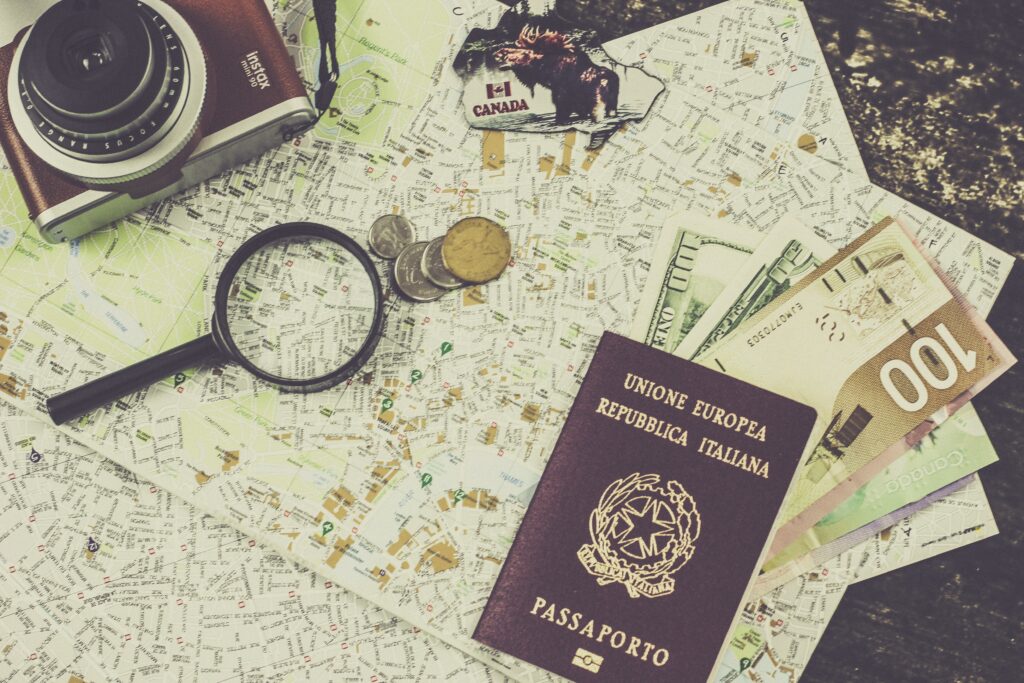
Do I need a NIE or TIE in Barcelona, Spain?
- Uncategorized
-
Feb 15
- Share post


Receiving many international students and expats staying for a prolongued period in Barcelona, we get the question quite a lot of “What is the difference between TIE and NIE? Do I need a NIE or TIE in Barcelona?” and so on. So let’s explain a little bit more about it.
The TIE and the NIE are not the same, many foreigners believe that they are. Here we are going to explain what these two concepts mean that you should not mix them up.
WHAT IS THE NIE?
The NIE is a foreigner identification number, a unique and unique identification number for each foreigner. Similar to the Spanish DNI, but starting with the letter X or Y and ending with 7 digits.
Something like that NIE
Y / X- (7 digits) – (letter)
The NIE will be granted to you at the same time that you start any application process to stay in Spanish territory (although this process is not finally granted). Even if you are in an irregular situation and the Police open a procedure for you, you will be assigned a NIE.
The NIE will be granted to you while you start any application process to stay in Spanish territory (although this process has not been approved in the end). Even if you are in an irregular situation and the police open a procedure, a NIE will be assigned to you.
WHAT IS THE TIE?
The TIE is a foreign identity card (targeta de identificación de extranjeros), which is a physical card that identifies you as a legal resident of Spain.
After approving any application procedure in the country (residence permit, family member identification card, etc.), you will receive a TIE card, which includes the NIE number.
In short: owning a NIE does not mean that you have been approved to live in Spain. If you have a NIE, it does not mean that you have a TIE. You can have TIE and NIE, but not the other way around.
Possessing a NIE does not mean that you have legal residence or residence in Spain; Having a TIE certifies that your stay (valid for more than 6 months) or your residence in Spain is legal.
So that you don’t get confused, we will list the differences between these two acronyms:
8 DIFFERENCES BETWEEN NIE AND TIE
1 – The NIE number never changes.
Example: after arriving in Spain, you applied for a residence permit (including the general residence system and the community residence system). At the beginning of this process, you were assigned a NIE and finally a permit was granted, so you will be issued a TIE with the same number The card comes from the NIE.
2 – The NIE never expires.
On the other hand, the TIE is unique, but it must be updated periodically according to the residence permit or residence permit (such as the expiration of the Spanish identification and the necessary renewal).
3 – The TIE certifies and proves that a foreign person has a legal stay or residence in Spain.
NIE cannot prove that her accommodation or residence is legal.
4 – The NIE will be granted to you automatically when you send any residence application to the immigration office, or simply by contacting any public administration department (police, etc.) with immigration capabilities. You will be awarded a TIE only when you approve an application for accommodation or residency.
5 – TIE is a physical identification document, a plastic card, similar in size to the Spanish identification. On the other hand, NIE is virtual, it is not a physical file, but an external identification number with administration functions only.
6 – Regardless of your usual or unconventional situation in Spain, the NIE will not be lost or taken away. On the other hand, TIE can be lost due to administrative and criminal sanctions, and you can lose your residence or legal residence in Spain.
7 – If your legal situation in Spain changes (for example, you have a residence permit in Spain and you are married to a Spaniard), this will affect your TIE, but not your NIE.
8 – The issuance of the TIE must be requested, and the management fee for the TIE must be paid before it is issued, that is, the TIE has a cost. On the contrary, the NIE is assigned automatically for free (no need to pay any fees).

